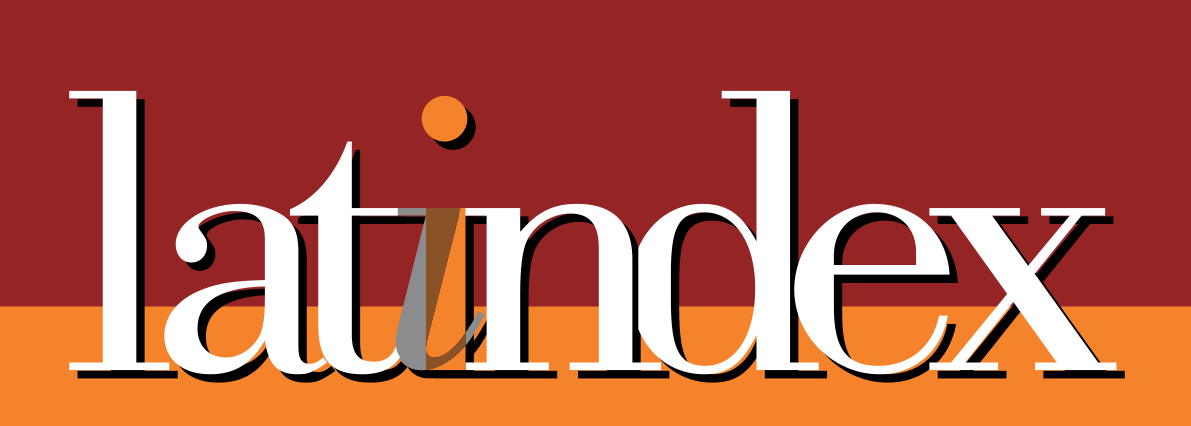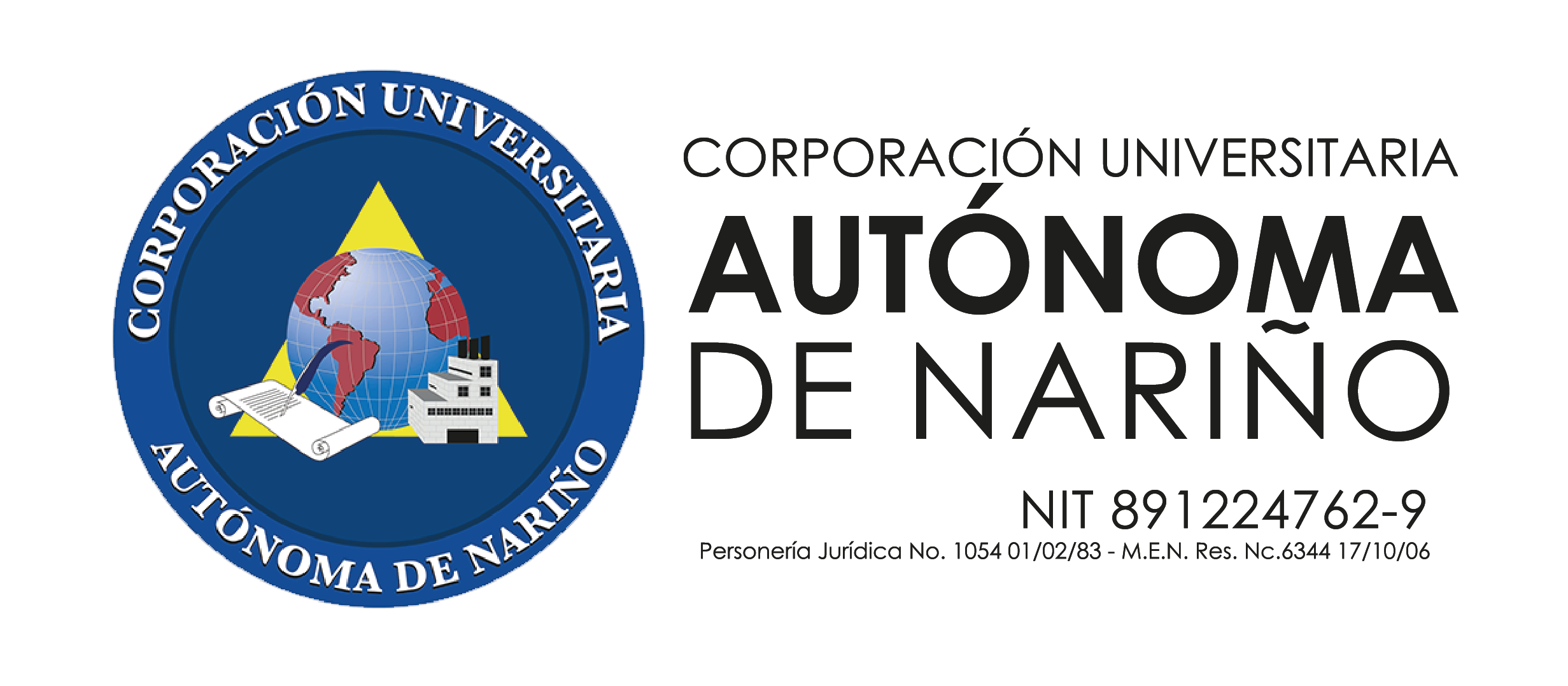Implementation of a technological platform for linking land cargo transportation actors achieving energy and environmental efficiency in Colombia
DOI:
https://doi.org/10.47666/summa.6.1.10Keywords:
Platform, ground cargo, energy and environmental efficiencyAbstract
Technological platforms, through the use of digital tools and real-time data, make it possible to optimize operations in the land cargo transportation sector, reduce energy consumption and greenhouse gas emissions; which enables more efficient and sustainable transportation in the country. The methodology implemented in meeting the objectives was related to the preparation of the software for the installation process, the development and integration of the technological platform, the creation of a training guide for the use of the technology, the download plan and installation of the platform in the vehicles (installations of the software prototype in land cargo vehicles), and the parameterization of the system with validation tests. The study was developed on various types of heavy-duty land transport vehicles, rigid trucks, tractor-trailers, and closed van-type vehicles; impacting in this pilot phase 0.1% of the existing vehicle fleet in Colombia. With potential energy savings without technological changes of 20%, which are due exclusively to the operational habits and energy culture of the operators. The technological platform proposed in this project is transversal to the most common types of heavy load transport vehicles in Colombia.
Downloads
References
Barreto, L., Amaral, A., & Pereira, T. (2017). Industry 4.0 implications in logistics: an overview. Procedia Manufacturing, 13, 1245–1252. https://doi.org/10.1016/j.promfg.2017.09.045
Blockchain: Qué es y para qué sirve | TicNegocios. (2023, junio). Tecnología para los negocios. https://ticnegocios.camaravalencia.com/servicios/tendencias/blockchain-que-es-y-que-ventajas-tiene/
Cloud Computing. (2023, junio). ¿Qué es Cloud Computing? Salesforce. https://www.salesforce.com/mx/cloud-computing/
Colfecar. (2023, enero). Perspectivas Económicas: Sector Transporte de Carga y Logística, Colfecar, enero 2023. Inicio - Colfecar. https://www.colfecar.org.co/wp-content/uploads/Perspectivas_Economicas_2023-I.pdf
Concepto. (2023, junio). Transporte de Carga - Concepto, historia, tipos y características. https://concepto.de/transporte-de-carga/
Corredor, G. (2018). Colombia y la transición energética. Ciencia Política, 13(25), 107–125. https://doi.org/10.15446/cp.v12n25.70257
Cyberclick. (2023, junio). ¿Qué es un Marketplace? Cómo funcionan, tipos y ejemplos. Cyberclick - Agencia de Marketing Digital. https://www.cyberclick.es/que-es/marketplace
DexFreight. (2023, junio). Logistics Network - dexFreight. DexFreight. https://www.dexfreight.io
Gartner. (s.f.). ¿Qué es la inteligencia artificial o IA? | Google Cloud | Google Cloud. Google Cloud. https://cloud.google.com/learn/what-is-artificial-intelligence?hl=es-419
IBM. (2023, junio). ¿Qué es la Industria 4.0 y cómo funciona? | IBM. IBM in Deutschland, Österreich und der Schweiz | IBM. https://www.ibm.com/es-es/topics/industry-4-0
IRENA. (2023, junio). Outlook. IRENA – International Renewable Energy Agency. https://www.irena.org/Energy-Transition/Outlook
Ministerio de Transporte. (2020). Estadísticas 2020. Transporte en Cifras. https://plc.mintransporte.gov.co/Estadísticas/Transporte-en-Cifras
Mr. Solar. (2023, junio). What Is a Solar Panel? How does a solar panel work? Solar Panels • Solar Panels for Sale for Your Home & Business. https://www.mrsolar.com/what-is-a-solar-panel/
Naciones Unidas. (2023, junio). Sostenibilidad. Naciones Unidas. https://www.un.org/es/impacto-académico/sostenibilidad
ORACLE. (2023, junio). What is the Internet of Things (IoT)? Oracle | Cloud Applications and Cloud Platform. https://www.oracle.com/internet-of-things/what-is-iot/
Osório, L. A., Camarinha-Matos, L. M., & Afsarmanesh, H. (2015). ECoNet Platform for Collaborative Logistics and Transport. IFIP Advances in Information and Communication Technology, AICT-463, 265–276. https://doi.org/10.1007/978-3-319-24141-8_24
Princes, Elfindah. (2020). Facing Disruptive Challenges in Supply Chain 4.0. International Journal of Supply Chain Management. 9. 52-57.
Radivojević, G., & Milosavljević, L. (2019, 25 de mayo). THE CONCEPT OF LOGISTICS 4.0. LOGIC. https://logic.sf.bg.ac.rs/wp-content/uploads/LOGIC_2019_ID_32.pdf
SAP. (2023, junio). SAP Business Technology Platform. https://www.sap.com/products/technology-platform.html








